Long road ahead for US-Cuba ties after visit
Updated: 2016-03-22 07:24
(China Daily)
|
|||||||||
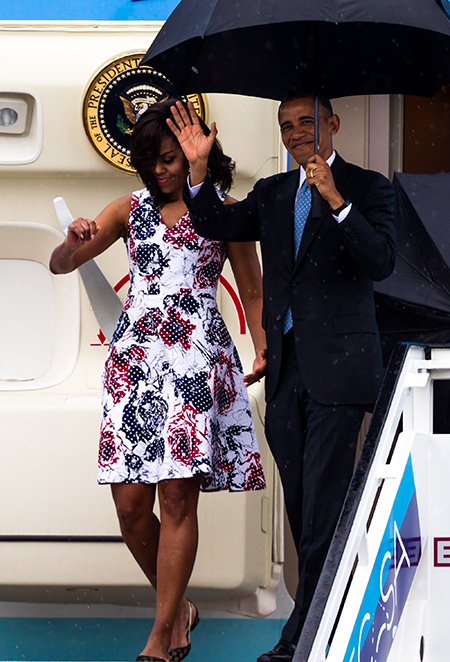 |
|
US President Barack Obama, accompanied by First Lady Michelle Obama, waves his hands, when arriving in Cuba, March 20, 2016. [Photo/Xinhua] |
US President Barack Obama's visit to Havana is touted as "historic" mostly because he is the first sitting United States president in 88 years to set foot on Cuban soil.
In that sense, he has made history by simply being there.
What makes his trip truly historic, and potentially "game-changing", however, is that it represents a change in the US' approach to the country, from containment to engagement, demonstrating once again, after the negotiated resolution of the Iran nuclear issue, that engagement can work a miracle where confrontation can't.
Washington's overtures to Havana today are in themselves an admission that decades of US endeavors to maneuver "regime change" in Cuba have failed.
From the Bay of Pigs invasion to Operation Mongoose, from assassination attempts to the embargo, Washington tried everything conceivable to get rid of Fidel Castro and the government he led.
None of those attempts, by 10 successive US presidents, worked. Instead, they ended up self-demeaning, and increasingly isolated Washington from the rest of the world.
The United Nations General Assembly has for 24 consecutive years passed resolutions appealing to the US to end its economic, trade and financial embargos against Cuba.
Obama is worth acclaim in that he has finally sought to put an end to that abortive, obsolete, and increasingly unpopular policy. The thaw in relations with Cuba will certainly be remembered as a prominent part of Obama's legacy as US president, along with the peaceful resolution of the Iranian nuclear issue.
But it would be naïve to pin too much on this visit.
The US Congress still has to agree to lift the embargo. Obama can do little about that. He is not expected to nominate a US ambassador to Cuba, which would be otherwise logical, legitimate, and more than appropriate, because he does not want a symbolic blow to his legacy by a failure to have the appointment confirmed.
Not to mention that he arrived with an agenda that is destined to be unpopular with his hosts. He will reportedly criticize the host country's human rights record, ask for "democratic reforms", and make those preconditions for further rapport.
In anticipation of that, one of Cuba's official newspapers foresees "a long, difficult road" ahead, because, as it stated, Cuba will retain "unconditional commitment" to its own choice of government.
Unless Washington can control its impulse to impose its will on Havana, it should not be too optimistic about what it can get in return.
- US, Cuba eye new era in relations
- US, Cuba to resume regular airline services
- US, Cuba hold talks on counter-narcotics cooperation
- US-Cuba relations still face many challenges
- Making sense of the reestablishment of US-Cuba ties
- US, Cuba restore diplomatic ties
- China welcomes restoration of US-Cuba ties, supports lifting of embargo
- US, Cuba restoring diplomatic ties after 54 years
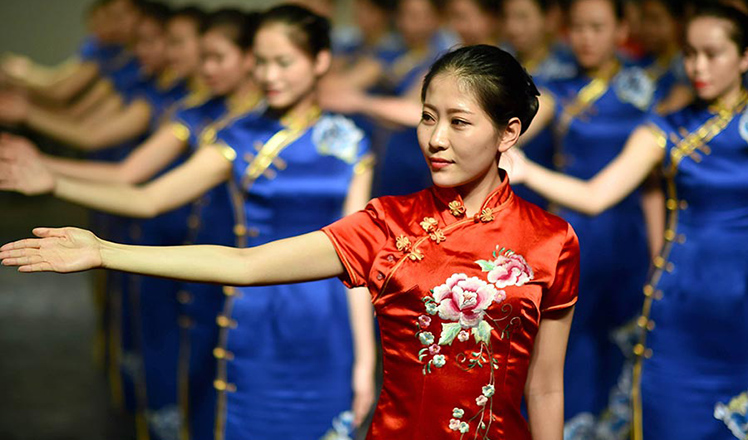
 Practice makes perfect: Preparing for Boao forum
Practice makes perfect: Preparing for Boao forum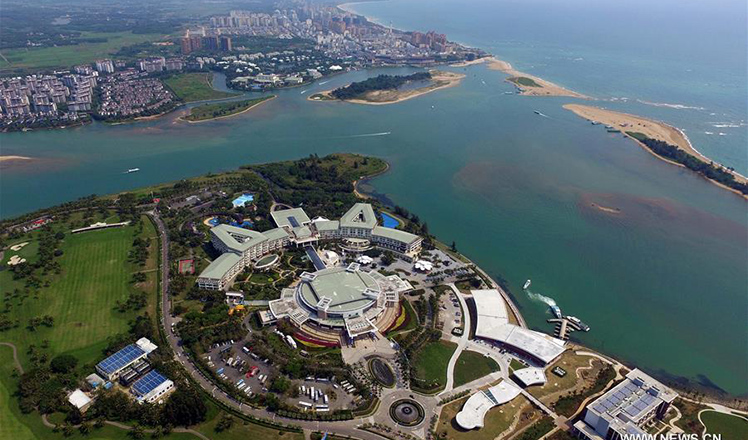
 A look of Boao Forum for Asia International Conference Center
A look of Boao Forum for Asia International Conference Center
 Culture Insider: 5 things you may not know about the Spring Equinox
Culture Insider: 5 things you may not know about the Spring Equinox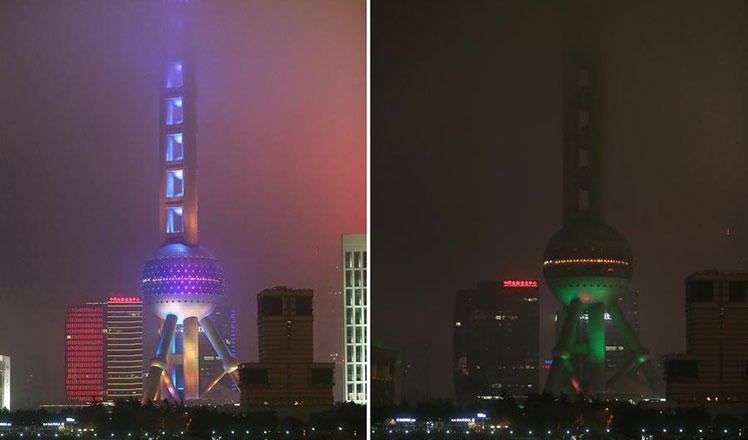
 Landmarks go dark in China for Earth Hour
Landmarks go dark in China for Earth Hour
 At least five dead in tanker truck explosion in central China
At least five dead in tanker truck explosion in central China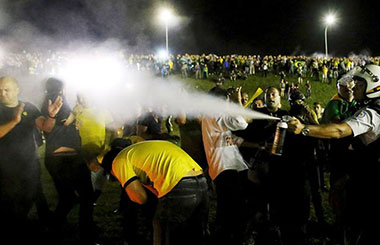
 Brazil's Lula sworn in over protests as Rousseff faces impeachment
Brazil's Lula sworn in over protests as Rousseff faces impeachment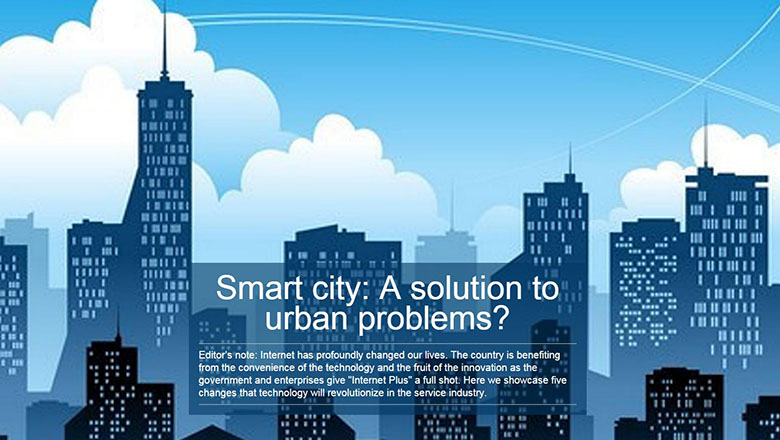
 Smart city: A solution to urban problems?
Smart city: A solution to urban problems?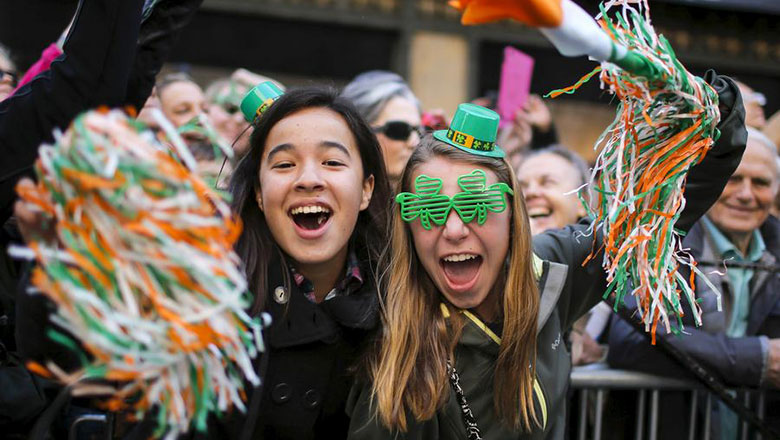
 St. Patrick's Day celebrated around world
St. Patrick's Day celebrated around world
Most Viewed
Editor's Picks

|

|

|

|

|

|
Today's Top News
Marriott unlikely to top Anbang offer for Starwood: Observers
Chinese biopharma debuts on Nasdaq
What ends Jeb Bush's White House hopes
Investigation for Nicolas's campaign
Will US-ASEAN meeting be good for region?
Accentuate the positive in Sino-US relations
Dangerous games on peninsula will have no winner
National Art Museum showing 400 puppets in new exhibition
US Weekly

|

|








